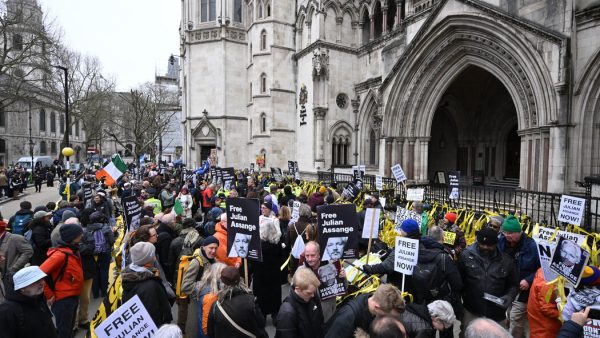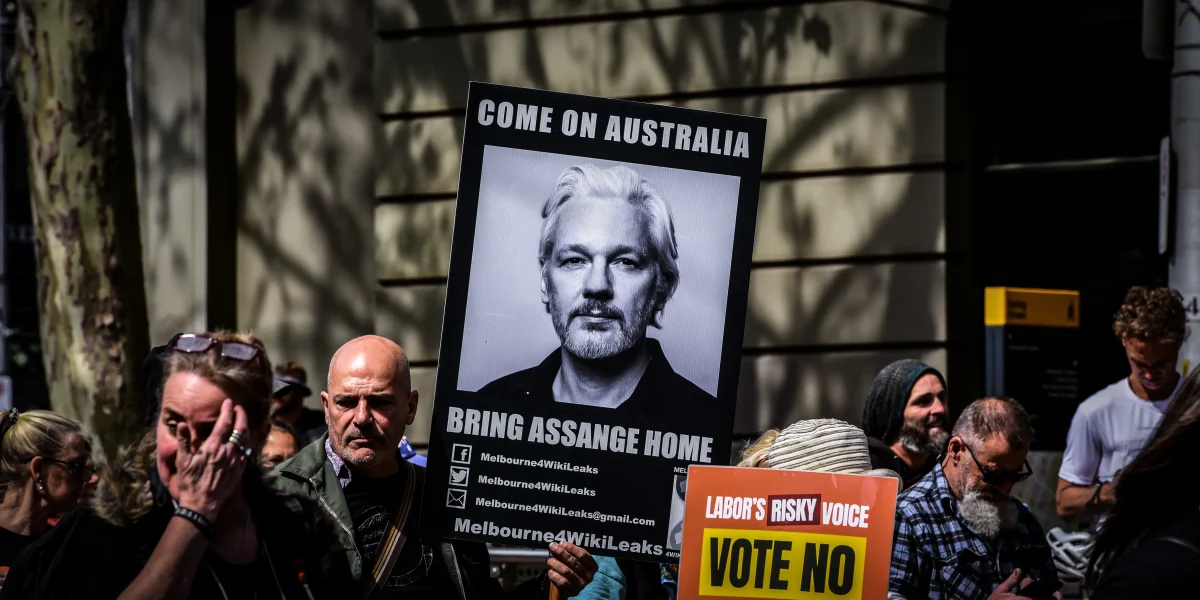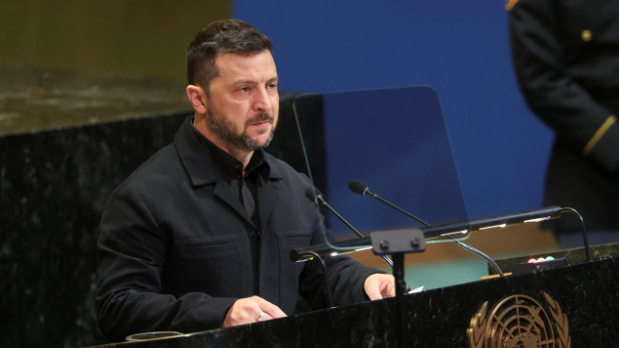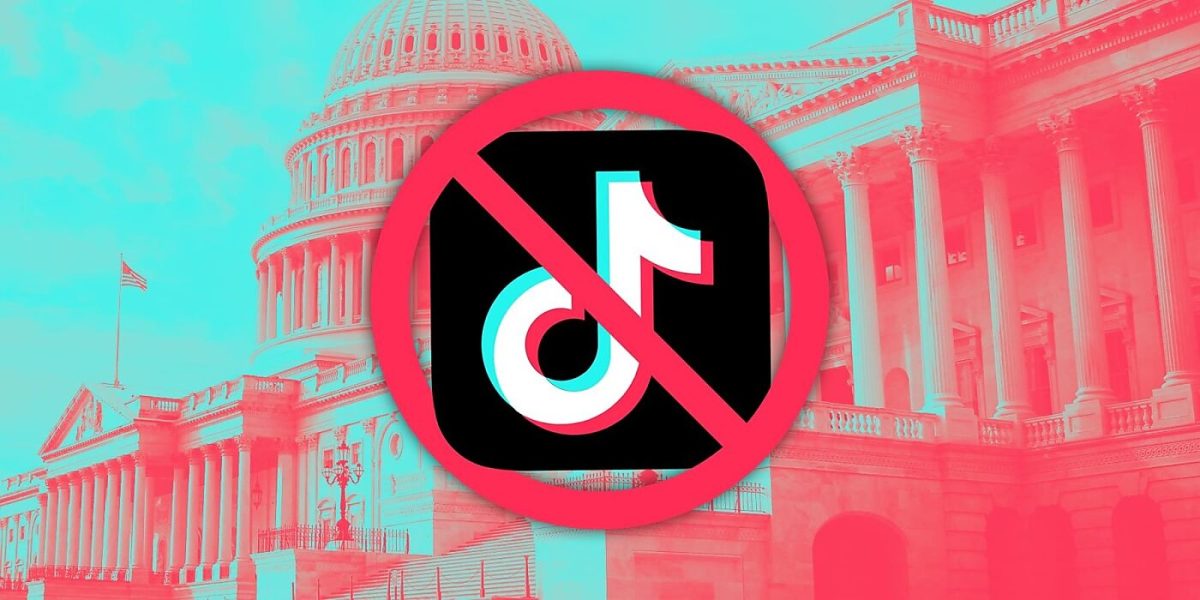Julain Assange, an Australian journalist and activist, has faced a lengthy legal battle that may end soon with his extradition to the United States. Julian Assange has a superseding indictment on 18 charges, 17 of which are espionage and one on conspiracy to commit computer fraud. Assange has been held in a London prison for the last few years and this week was heard in a 2-day argument where his lawyer argued for blocking his extradition based on human rights violations by the United States. Assange started a website dedicated to leaking classified information from various governments and government agencies; the espionage charges are based on a dual effort with a U.S. Army intelligence officer in which 700,000 classified documents mainly focused on U.S. military operations in Iraq and Afghanistan was leaked. 
Julian Assange’s alleged cohort in the declassification efforts, Chelsea Manning, was already found guilty in military court on 12 counts of espionage and five counts of theft. Although released on a commuted sentence, Assange has yet to be put on trial because of his calculated attempts at avoiding three countries’ laws.
The United Kingdom’s parliament initially denied Assange’s extradition because of their belief that the United States prison system would violate his human rights; however, a year later, that ruling was overturned after a long-awaited trial that had been delayed because of COVID-19 leading Assange to be held in prison in London. Now, last Tuesday and Wednesday, a private lawyer went in front of Britain’s court system and argued once again that sending Assange to the US to potentially face up to 175 years in the United States prison system would be a violation of his human rights and exacerbate his medical conditions.
Part of the legal argument is that, given the content of the leaks, the arrest and charges were politically motivated and are not lawful. Assange’s lawyer also brought up an already ruled matter where Assange’s legal team presented that the CIA had plotted to kill him and silence him; however, the lack of evidence makes it unlikely to bear waiting in the appeal. In October of 2021, Assange had a mini-stroke, and according to his wife, since December, he has had a cough so bad that he broke a rib. Although the court is not expected to rule for another few weeks, Australia’s parliament and the prime minister have released that they support Assange’s return home and hope to come to an agreement that states Assange has served enough time in prison for his crimes. Assange’s brother and father have also made public pleas for his return to Australia.
Assange’s case has spotlighted journalists’ reach when spreading a story. Many believe that the First Amendment right to freedom of speech and press covers the release of the documents. Demonstrations have been staged in cities worldwide, and many stood outside the British royal court with signs that said, “Free Julain Assange. ” People have also begun to compare Assange to the late journalist Navalny, who was arrested for writing against Russia’s government. 
Assange’s 15-year legal battle did not start with the United States but with Sweden. When two women came forward claiming sexual assault, Swedish charges were brought, then dropped, and then brought again, at which time Assange was in the UK, and Sweden had to issue an international warrant. Assange surrendered in the UK for the Swedish warrant and was going to be deported when, while out on bail entered the Ecuadorian embassy to avoid being arrested.
Ecuador granted him political asylum, and for seven years, he lived in the embassy, five of which the UK police had set up around the embassy to arrest him if he stepped out of the embassy. However, in 2019, his asylum was revoked when documents on WikiLeaks exposed the Ecuadorian government’s corruption. He was then arrested and has been in prison since.




















